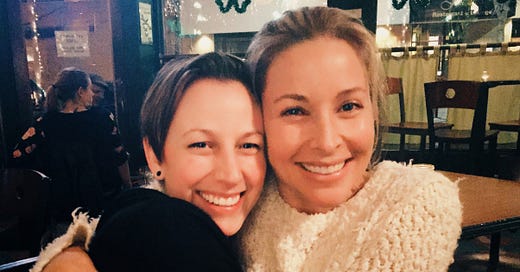Welcome! Thank you for joining this hearth of inquiry and reflection as we explore living well, instead of living “fixed.” On Sundays I share chapters from my memoir and for those who are new here, I recommend starting from the beginning with the Preface. I’ve conveniently linked successive chapters at the bottom of every page so you can binge read and …
© 2025 Kimberly Warner
Substack is the home for great culture




